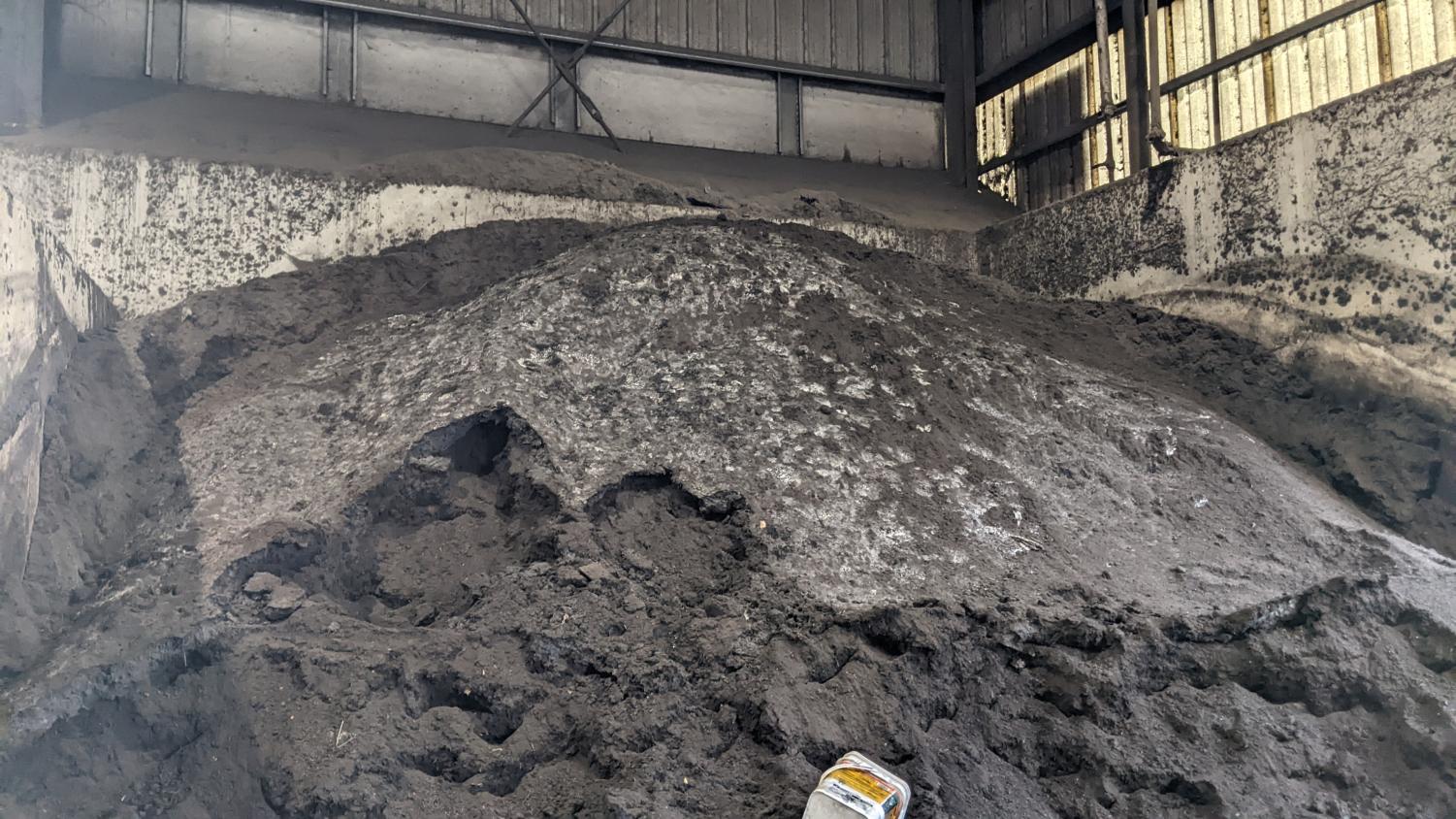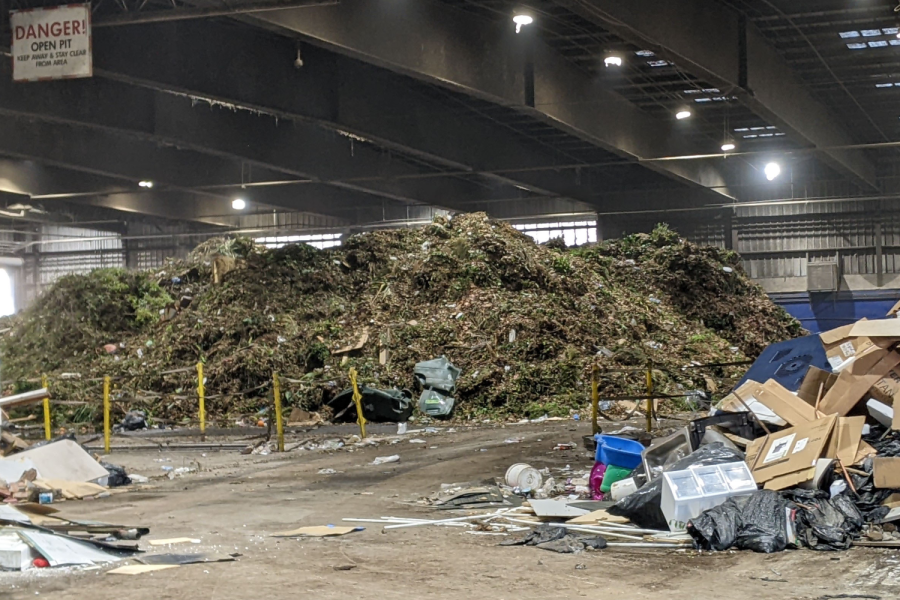Californians will be required to sort out their organic waste due to a new state bill.
Senate Bill 1383, or SB1383, took effect starting Jan. 1 to fight climate change by collecting California’s organic waste.
SB1383 is part of a larger Californian environmental effort to reduce greenhouse gas emissions. It will do this through city and county regulations focused on reducing and collecting organic waste. As the state’s waste management overseer, CalRecycle will work closely with counties to ensure these regulations are implemented.
“All the cities and counties in California will have to start collecting or providing collection services for organic waste so that they can then be recycled into compost or biofuel,” CalRecycle Public Information Officer Lance Klug said.
As the collection service for Belmont, Recology will inform and encourage citizens to compost. To meet CalRecycle’s goals of reducing organic waste, Recology will gradually enforce these composting restrictions.
“They’re not very stringent, but they are incentives to get people to comply if we ever get down to that point,” Belmont Director of Public Works Peter Brown said.
According to Klug, enforcing these regulations will have an enormous impact on reducing greenhouse gas emissions for the state.
“California is able to reach a 75% organic waste reduction goal by 2025. The avoided methane emissions are going to be like taking three million cars off the road every year,” Klug said.

Aside from fighting climate change, SB1383 will also benefit the community in other ways. One of the ways the program has created to reduce organic waste is by diverting excess food to those in need.
“There’s a program that Belmont and the jurisdictions in the county have signed up for where we recover edible food and either get it to homeless shelters or food banks,” Brown said.
Matt Burgos, co-president of the Carlmont Green Team, supports SB1838 but believes California needs to do more to address the growing problem of climate change.
“The biggest way to reduce emissions would be a carbon tax, because it really influences all sectors of carbon emissions. We need some way to financially incentivize businesses to reduce their emissions,” Burgos said.
Burgos believes that the most significant efforts to fight climate change need to come from the government and the community.
“It’s very important to get legislation passed by voting because that’s where the biggest change can come from,” Burgos said.












